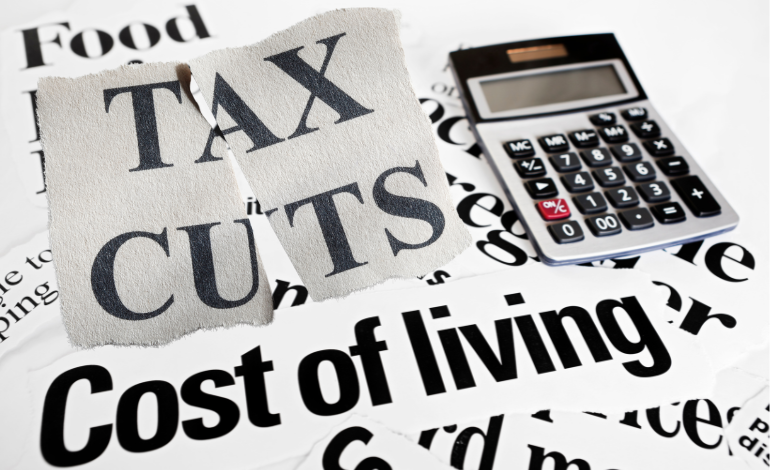In a major effort to cushion households from the rising cost of living, the Papua New Guinea government has announced the removal of the Goods and Services Tax (GST) on 13 essential items, effective from 1 June 2025. The tax relief measure, which will run until 30 June 2026, is part of the government’s Household Assistance Support Package under the 2025 national budget.
Finance Minister Rainbo Paita confirmed that the temporary GST exemption applies to everyday necessities such as rice, canned fish, chicken, tinned meat, soap, flour, cooking oil, and other commonly consumed household goods. The government says the aim is to directly reduce the price of basic items in retail stores and help struggling families cope with persistent inflation.
“This initiative reflects the Marape Government’s commitment to ease the burden on ordinary Papua New Guineans during difficult economic times,” said Paita during the budget announcement. “We are targeting relief where it is needed most—at the grocery counter.”
The move comes amid concerns about stagnant wage growth, food insecurity, and high transport costs which have compounded price increases for basic consumer goods. In addition to the GST exemption, the government has also raised the personal income tax threshold from K12,500 to K20,000 per annum. This change is expected to increase the take-home pay of thousands of low-income earners.
The Internal Revenue Commission (IRC) has issued a firm warning to retailers to ensure that tax savings are passed on to consumers. Commissioner General Sam Koim said the IRC would be conducting compliance checks and would not hesitate to penalise businesses that attempt to exploit the tax exemption for additional profit.
“Retailers are legally and ethically obligated to reduce prices in accordance with the GST exemption. We will be monitoring prices closely and will take enforcement action if necessary,” Koim said.
The policy is being viewed by economists as a short-term stimulus that could help revive household spending while giving breathing room to financially strained families. It is also hoped to strengthen domestic demand and consumer confidence in the lead-up to the government’s broader economic reforms.
This is the first time in more than a decade that GST has been lifted on such a wide range of essential products, highlighting the gravity of economic pressures facing households across PNG.



